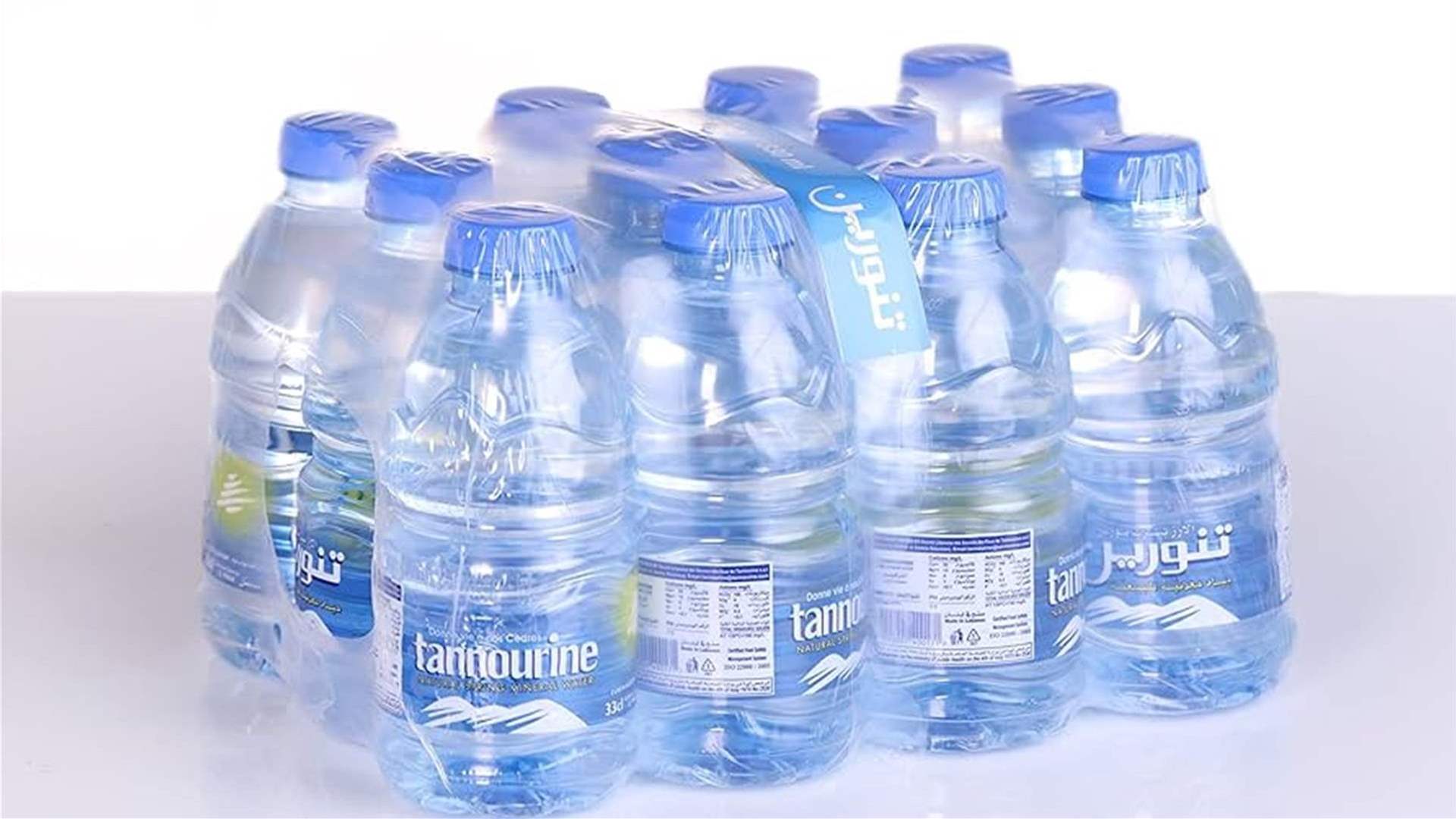On Monday, the Ministry of Public Health issued a decision ordering Lebanese company Tannourine Spring Mineral Water to withdraw all water bottles and other products from the market until the issue of contamination is resolved and the ministry approves resumption of activities.
The ministry’s decision indicated based on samples collected on October 6 by the Epidemiological Surveillance Team that the company’s products do not comply with the Lebanese standard specifications due to their contamination with the Pseudomonas aeruginosa bacterium.
Organizations and households across the country quickly moved to withdraw Tannourine products from their spaces and replace them with other company products.
Tannourine Responds
In a press conference on Tuesday, the company CEO stated that the sample “was not collected according to the applicable norms,” stressing that its bottled water meets the country’s health and safety standards.
The Economic Bodies also called on Health Minister Rakan Nasreddine to suspend the decision, pending additional laboratory tests on its water. The bodies explained the “need” to preserve the company’s presence due to its longstanding reputation and for the continued employment of workers.
On its part, the Ministry of Public Health issued a statement explaining that the ministry is currently testing other samples from the company and is waiting for further results to follow up on its decision.
The ministry also confirmed that the decision will be immediately cancelled in case all necessary measures are taken for water quality and safety.
New Tests Show Compliance, Says Agriculture Minister
Three days after the controversy began, Agriculture Minister Nizar Hani announced that new test results from the Lebanese Agricultural Research Institute (LARI) showed Tannourine samples were in full compliance with health standards.
Speaking to Voice of Lebanon, Hani said the nine randomly selected samples were “safe and clean,” adding that the initial reaction was a “preventive measure that should not have been made public.”
He also emphasized that Tannourine remains a reputable Lebanese company with an “exemplary image,” and that the case had been “blown out of proportion” by the media.
The minister added that the initial withdrawal decision was signed during his temporary appointment as acting health minister and that a review of internal procedures would ensure better coordination between ministries in the future.
Discourse Takes On Several Political Dimensions
The discourse on digital platforms quickly took on broader social and political dimensions. Some rushed to analyze the significance of the presence of the Pseudomonas aeruginosa bacterium, claiming it’s normal to have in products like water.
Lebanese Forces-affiliated media person Tony Abi Najm accused Minister Nasreddine of being pro-Hezb and of suspicious campaigns against Tannourine.
What the different discourses revealed in their essence is a continued lack of trust in state institutions for many across the country. A straightforward decision regarding the withdrawal of company products that were found to be contaminated turned into a sociopolitical debate instead of adherence to official decisions meant to enhance safety.


